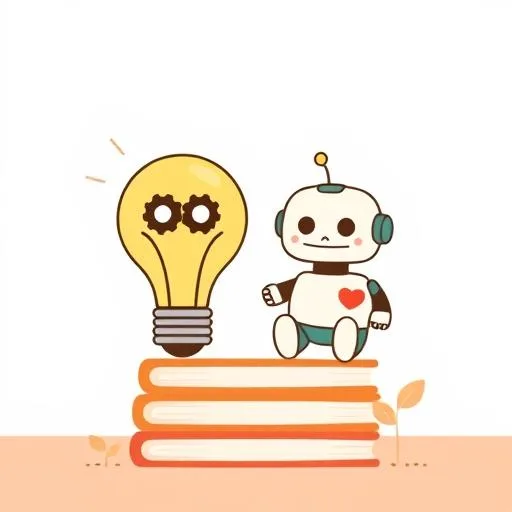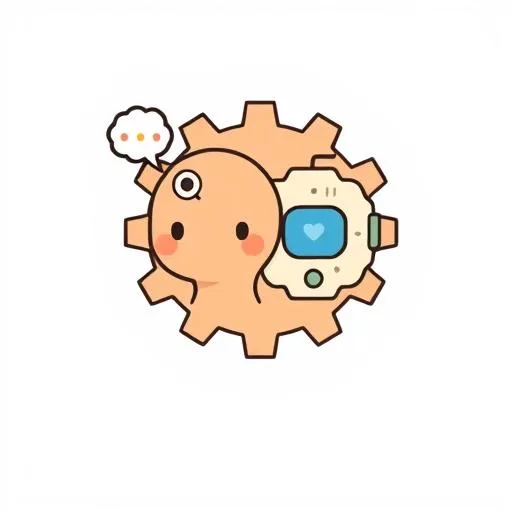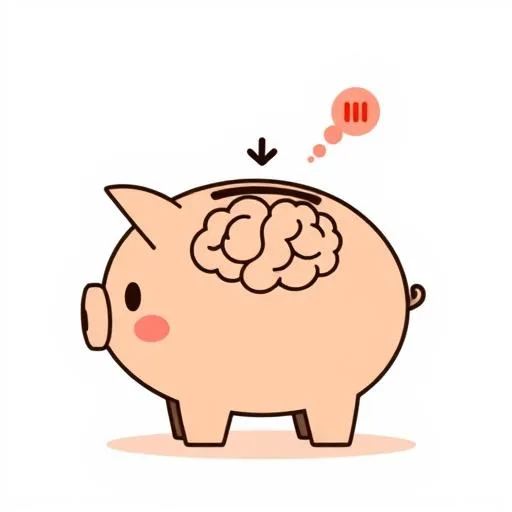
We’ve all leaned on AI for that last touch on an email or a quick recipe fix—it’s effortless, almost invisible. But lately, I’ve been watching something subtle unfold: how often do we let the machine think for us? And more importantly, what happens to the spark of figuring things out when our kids reach for answers before their own minds do? That whisper of doubt? It’s got a name: cognitive offloading. And it’s reshaping how we grow thinkers.
Does Quick AI Steal the Joy of Discovery?

Remember those moments when your child spent ages building a block tower, only to beam with pride when it finally stood? That struggle was the magic—not the collapse, but the trying. Research shows that when we outsource thinking tasks, we risk shrinking the very muscle of “figuring it out.” Imagine a child asking an AI chatbot to solve their math puzzle instantly. Sure, it’s efficient. But without that wrestle with numbers, without sketching ideas on the back of a grocery receipt, they’re missing the wiring that makes future challenges feel conquerable. One study found that when people offload tasks without “intending to remember,” their brains essentially clock out—and that vacation becomes hard to return from. It’s not just forgetting; it’s unlearning how to learn. What if we let them sit with confusion just a bit longer? That “aha!” moment isn’t just bright—it’s the sound of resilience being built. Cognitive offloading is a subtle shift with deep impacts. Growing up with both Korean and Canadian influences, I’ve seen how blending traditional values—like the saying ‘직접 해보는 것이 진짜 배움’ (learning by doing yourself)—with modern tools creates a balanced approach to learning.
How to Use AI as a Partner, Not a Substitute

Here’s where I’ve flipped my own script: AI isn’t forbidden—it’s just not the boss. Think of it like learning to ride a bike. At first, you hold the seat, then you run beside them, until one day, they’re soaring solo. That’s how tools should work—starting with “What do YOU think first?” before any tech gets involved. Here’s another angle to consider: a corporate study highlights workplaces where leaders reward ‘originality over shortcuts’. Translation? “Show me your first draft, then let’s see how AI tweaks it.” Turn it into play: “Spot three things this robot got wrong!” over apple slices after school. The goal isn’t to ditch digital helpers—it’s to teach kids they’re captains of the ship, not passengers. This approach nurtures critical thinking amid AI reliance.
What Is the Hidden Cognitive Debt We Pass Down?

Dr. Nataliya Kosmyna put it sharply: “There is no cognitive credit card. You cannot pay this debt off.” When we silently accept AI suggestions—the phrasing in a note, the route for a walk—we’re borrowing from our future ability to think deeply. Now scale that to kids: what happens when they’ve never drafted a story without autocomplete? Or trusted their gut to navigate friend drama? We’re raising a generation facing ‘cognitive debt’—where convenience today leaves them stranded when the tool isn’t there tomorrow. Picture this: your child’s stuck without Wi-Fi during a game. If they’ve never invented rules from scratch, panic sets in. But if they’ve played ‘what if?’ on park benches? They’ll laugh and make new rules. That adaptability isn’t tech-dependent. It’s grown in the gaps. Cognitive debt is a quiet burden we can avoid.
Small Shifts for Raising Undistracted Thinkers

So how do we protect wonder without shunning tools? Start with pockets of human-only time. Not long—just the 10-minute stroll home where you ask, “What’s one thing you’re curious about today?” Let them answer without Googling. What’s one moment recently when you let your child wrestle with a problem before stepping in? At dinner, swap screens for storytelling: “Finish my sentence:’ If clouds were made of candy… ’” These mini-moments aren’t anti-tech—they’re pro-mind. Organizations that prioritize ‘critical analysis over speed’ are modeling what we need at home. Your superpower? Pausing. When your child says, “Tell Siri,” reply, “First, tell me.” That tiny delay lets their idea take root. And when you’re baking together, measure by hand once in a while. Smell the flour, feel the scoop—that sensory warmth? It’s the antidote to invisible debt. These practices foster resilience and curiosity.
Source: The hidden risks of cognitive offloading, Silicon Angle, 2025/09/05 22:08:47
